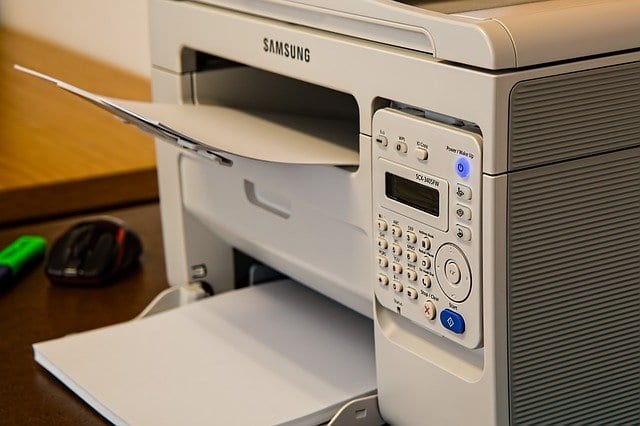On the Hunt for the Best CPA Review Course out There? 6 Questions You Need to Ask Before Making the Decision

If you have done any homework on these exam reviews, the chances are good that you have already discovered that there are many of them. The following six questions will help you select the one that is right for you, or at least get you headed in the right direction.
1. Are there any virtual CPA exam review classes? As many review courses as there are, not all of them are created equal. Some are given online, while others are in-person. Some are a combination of both. Some are better than others. Be sure you pick the format that works best for you and your schedule.
2. Is there an instructor available to speak with? As great as online courses are, there is no substitute for being able to interact with a real human. Ask if you have this option available.
3. How long will a candidate have access to the materials, and can their access be extended if the person runs out of time? Most CPA exam reviews are goldmines of materials, but these are of little good if after you complete the course you have no access to them.
4. What is the total cost of the course, and are there discounts available? CPA exam review courses aren’t cheap. In fact, some are as expensive as a used car, so unless you have someone bankrolling you, you will need to come up with the money for those fees. Make sure you know what that price tag is and whether you can handle it. Be sure to ask if they offer discounts and if you qualify for them.
5. What is the policy about students who fail a part or parts of the exam? Can a candidate retake that part of the review course? Some review courses offer students who don’t pass legs of the exam the opportunity to take those portions of the course again. Make sure the course you select offers this.
6. Can a person get updates as they are released, and is there a cost for this? Most CPA review courses are good about keeping their materials up to date. Make sure that the course you elect to take is one of them. Otherwise, all you will be learning is information that is out of date and won’t help you pass the exam a bit.
These questions should give you a start. Most CPA review courses have this information and much more on their websites, but if you can’t find it, or have other questions, be sure to ask. You have a right to know what you are paying for as well as to make sure that the course lives up to your expectations. Helping you to pass the CPA exam is not only their most important job, it’s their only job.

 Healthcare workers need to keep the privacy of their patients’ information in mind at all times. That goes for not just in-person communications with patients, caregivers, and other providers but also for information sharing processes like faxing. Since most healthcare organizations still send faxes on a daily basis, all workers should ensure compliance with the Health Insurance Portability and Accountability Act (HIPAA) at all times. Read on to find five tips for how to ensure compliance.
Healthcare workers need to keep the privacy of their patients’ information in mind at all times. That goes for not just in-person communications with patients, caregivers, and other providers but also for information sharing processes like faxing. Since most healthcare organizations still send faxes on a daily basis, all workers should ensure compliance with the Health Insurance Portability and Accountability Act (HIPAA) at all times. Read on to find five tips for how to ensure compliance.